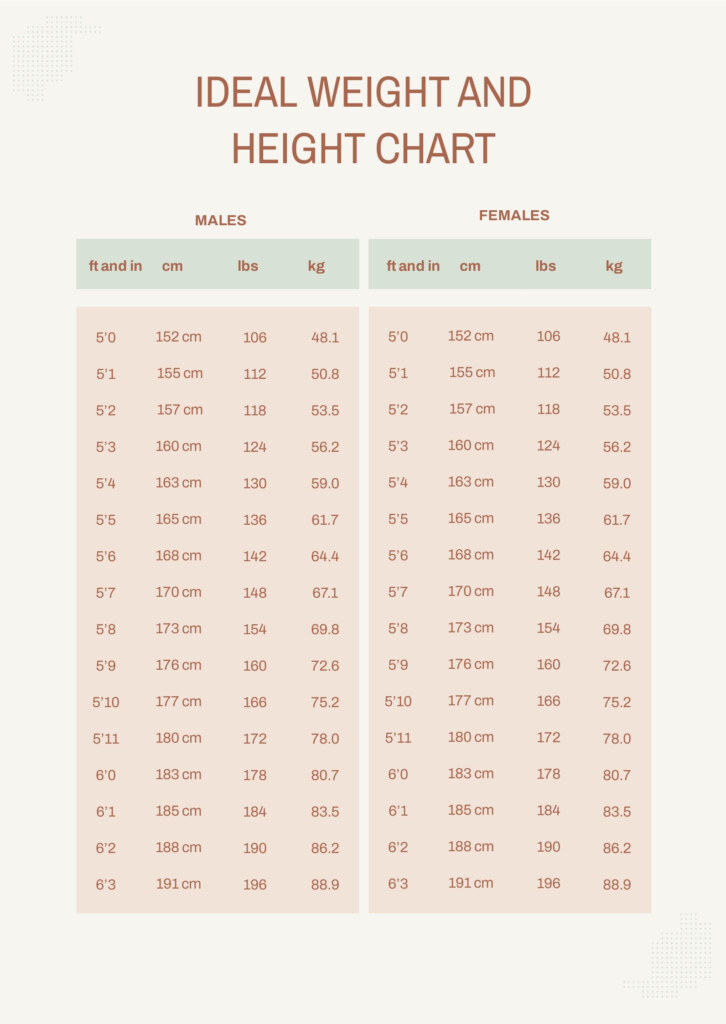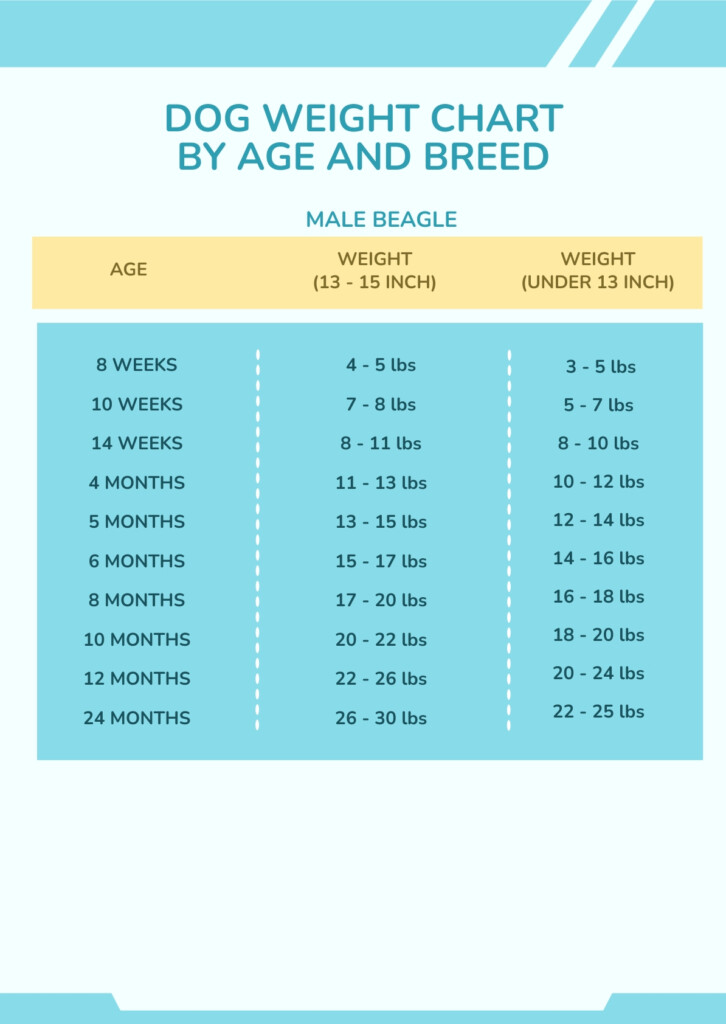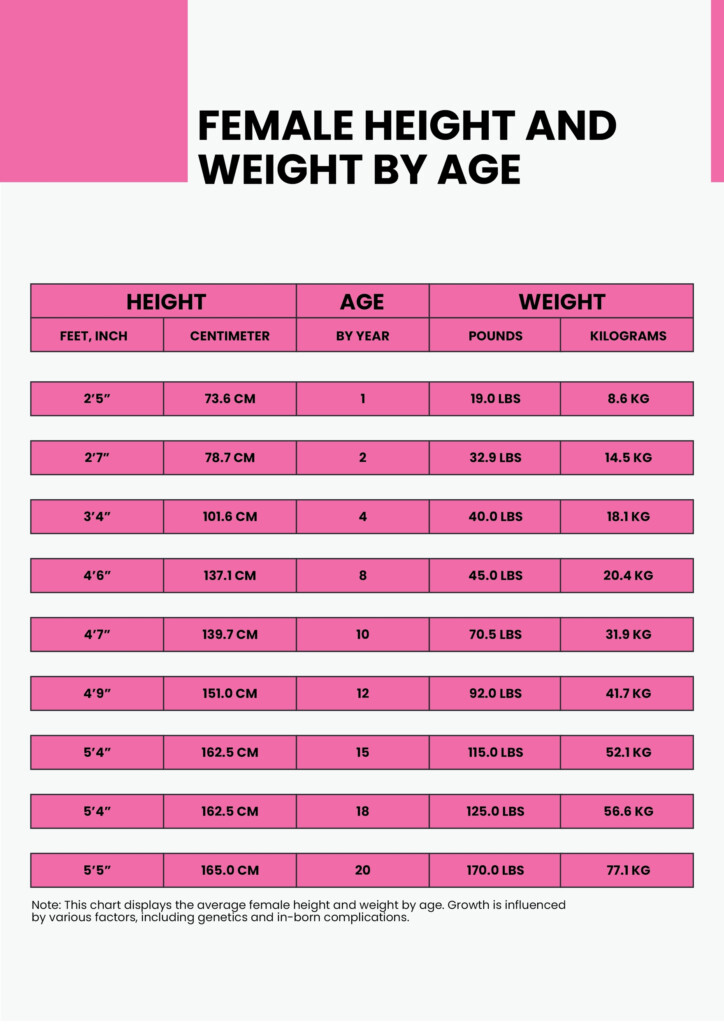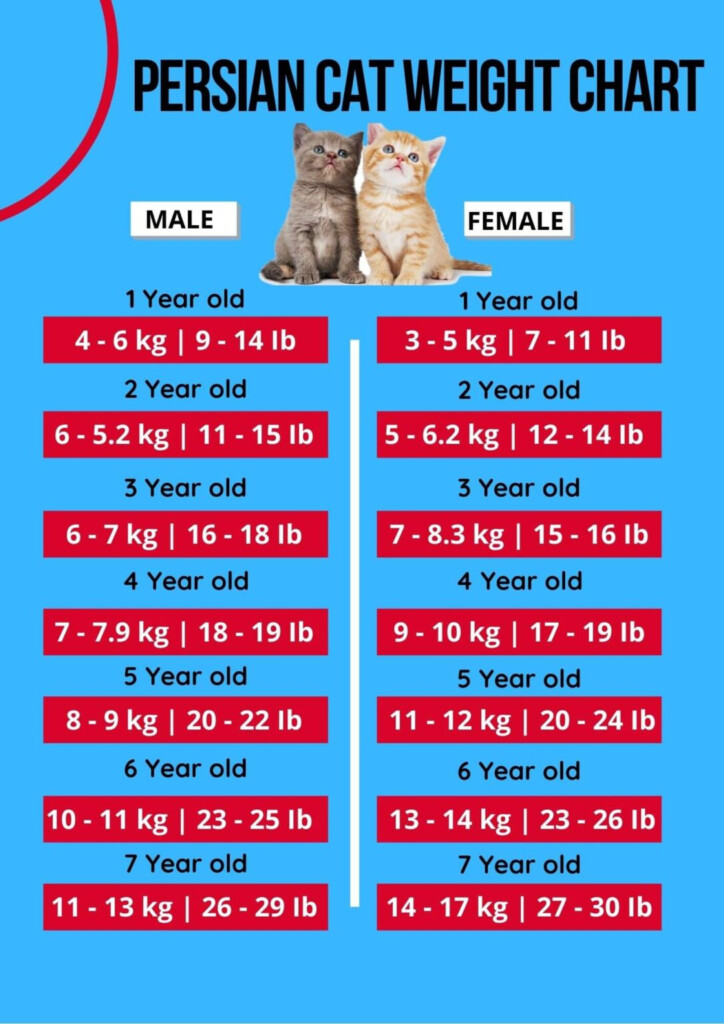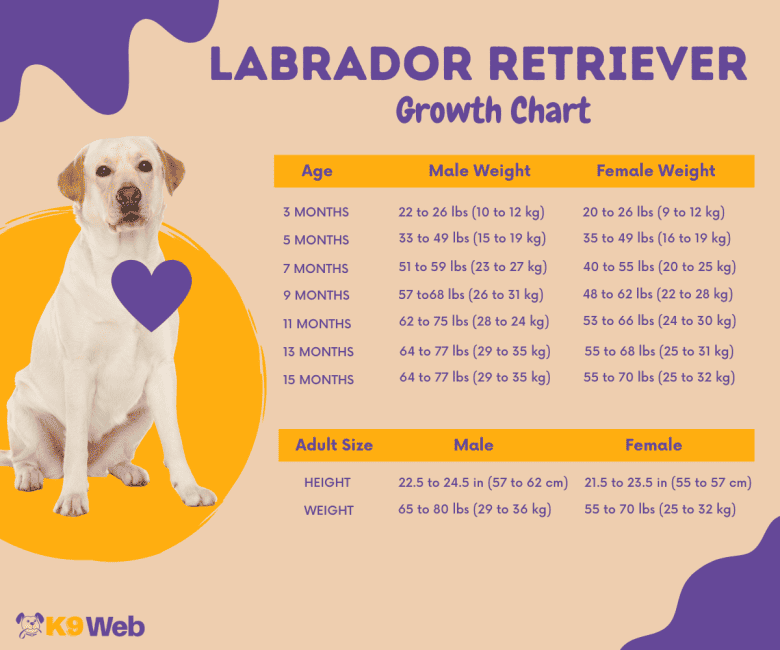During the first year of life, infants grow at a rapid pace and their weight can fluctuate significantly. On average, a newborn baby weighs around 2.5 to 4.5 kg at birth. By 6 months, most infants double their birth weight, and by the age of 1 year, they typically triple it. However, it’s important to remember that every baby is different and growth patterns can vary.
According to the World Health Organization (WHO), the average weight for a 6-month-old baby boy is around 7.6 kg, while a baby girl of the same age weighs around 7.1 kg. By the age of 1 year, the average weight for a boy is 9.3 kg, and for a girl, it is 8.8 kg. Consulting a pediatrician for regular check-ups and growth assessments is crucial to ensure that your baby is developing healthily.
Age Group Weight Chart By Age In Kg
Toddlers (1-3 years)
Between the ages of 1 to 3 years, toddlers continue to grow at a steady pace, albeit slower than in infancy. The average weight for a 2-year-old boy is around 12.4 kg, while a girl of the same age weighs around 11.8 kg. By the time they reach 3 years old, the average weight for a boy is 14.2 kg, and for a girl, it is 13.6 kg.
It’s important to provide toddlers with a balanced diet rich in nutrients to support their growth and development. Encouraging physical activity and healthy eating habits from a young age can help establish a foundation for a lifetime of good health. Regularly monitoring your child’s weight and height through well-child visits with a healthcare provider can help ensure they are meeting their growth milestones.
Preschoolers (4-6 years)
Preschoolers aged 4 to 6 years continue to grow and develop rapidly, although at a slower rate compared to infancy and toddlerhood. The average weight for a 4-year-old boy is around 16.3 kg, while a girl of the same age weighs around 15.5 kg. By the age of 6 years, the average weight for a boy is 20.1 kg, and for a girl, it is 19.1 kg.
Ensuring that preschoolers have a healthy and balanced diet, along with regular physical activity, is essential for their overall well-being. As children grow, their nutritional needs change, so it’s important to provide them with a variety of foods to support their growth and development. Monitoring their weight and height regularly can help identify any potential growth issues early on.
By following age-specific weight charts and guidelines, parents and caregivers can track their child’s growth and make informed decisions about their health and well-being. Remember, every child is unique, so it’s important to focus on overall health and development rather than just numbers on a scale. If you have any concerns about your child’s growth, always consult with a healthcare provider for personalized advice and support.
Download Age Group Weight Chart By Age In Kg
Immutato Ondata Grafia Age Body Weight Chart Sensore Yogurt Frase
Age And Weight Chart For Female In Kg Weight for age Percentiles Girls
Cat Weight Chart By Age Height In Kg Ibs
Labrador Weight Chart By Age In Kg Store Online Www rosmaninhoazevedo
